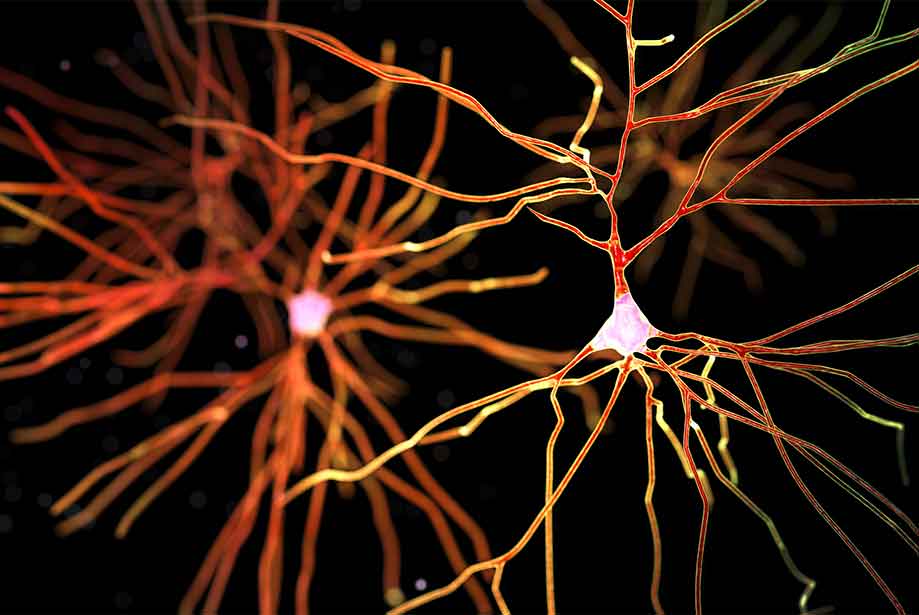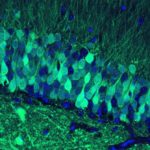New research, appearing online in the journal Current Biology, asserts that the brain’s biological clock and dopamine production are correlated, resulting in the overconsumption of high-calorie foods, and subsequent diet-induced obesity (DIO).
“The widespread availability of energy-dense, rewarding foods is correlated with the increased incidence of obesity across the globe. Overeating during mealtimes and unscheduled snacking disrupts timed metabolic processes, which further contribute to weight gain,” the findings state.
“The neuronal mechanism by which the consumption of energy-dense food restructures the timing of feeding is poorly understood.”
“Here, we demonstrate that dopaminergic signaling within the suprachiasmatic nucleus (SCN), the central circadian pacemaker, disrupts the timing of feeding, resulting in overconsumption of food.”
The team of researchers achieved these findings by examining rodents, demonstrating how dopamine signaling in the brain controls the circadian rhytm, resulting in high consumption of foods, including during odd hours.
“We’ve shown that dopamine signaling in the brain governs circadian biology and leads to consumption of energy-dense foods between meals and during odd hours,” Ali Güler, co-author of the study.
“It is natural for our bodies as organisms to want to consume as much as possible, to store fat, because the body doesn’t know when the next meal is coming. But, of course, food is now abundant, and our next meal is as close as the kitchen, or the nearest fast-food drive-through, or right here on our desk,” Güler explained.
“Often, these foods are high in fats, sugars, and therefore calories, and that’s why they taste good. It’s easy to overconsume, and, over time, this takes a toll on our health.”


